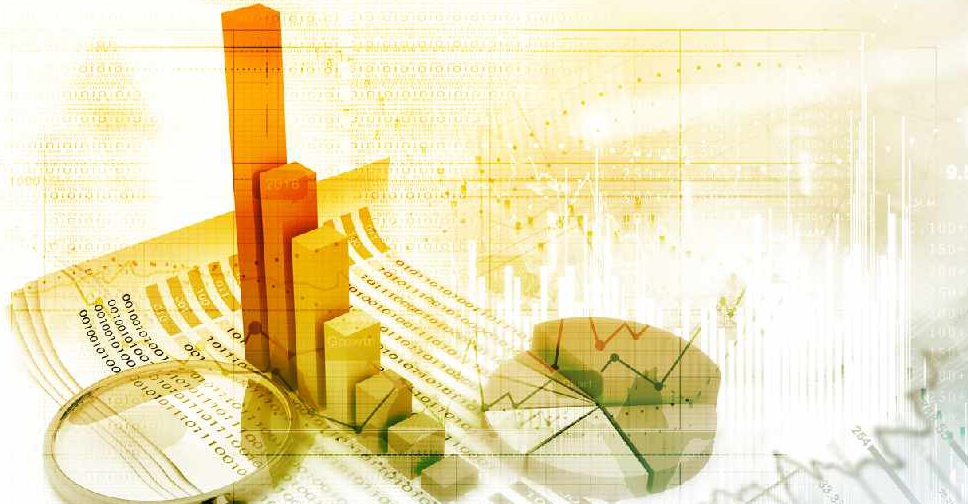
Britain's coronavirus-ravaged economy slumped by 9.9 per cent in 2020, the biggest annual crash in output in more than 300 years, but it avoided heading back towards recession at the end of last year and looks to be on course for a recovery in 2021.
Official figures showed gross domestic product (GDP) grew 1.0 per cent between October and December, at the top end of the range of forecasts by economists in a Reuters poll.
This makes it likely that Britain will escape two straight quarters of contraction - the standard definition of recession in Europe - even though the economy is set to shrink sharply in early 2021 due to the effects of a third COVID lockdown.
"As and when restrictions are eased, we continue to expect a vigorous rebound in the economy," said Dean Turner, an economist at UBS Global Wealth Management.
Britain's economy grew 1.2 per cent in December alone, after a 2.3 per cent fall in output in November when there was a partial lockdown, leaving output 6.3 per cent lower than in February before the start of the pandemic, the Office for National Statistics said.
However the Bank of England forecasts the economy will shrink by 4 per cent in the first three months of 2021 due to a new lockdown and Brexit disruption.
The central bank thinks it will take until early 2022 before it regains its pre-COVID size, assuming vaccination continues to smoothly. Many economists think it will take longer.
"Today's figures show that the economy has experienced a serious shock as a result of the pandemic, which has been felt by countries around the world," finance minister Rishi Sunak said.
Sunak, facing the heaviest borrowing since World War Two, will set out how much longer he intends to continue this emergency support at an annual budget on March 3.




 Dubai to host inaugural Global Government Cloud Forum
Dubai to host inaugural Global Government Cloud Forum
 Honda, Nissan aim to merge by 2026 in historic pivot
Honda, Nissan aim to merge by 2026 in historic pivot
 New hub for Emirati businesses launches at DXB
New hub for Emirati businesses launches at DXB
 ADNOC drilling expands fleet with new jack-up rigs
ADNOC drilling expands fleet with new jack-up rigs
